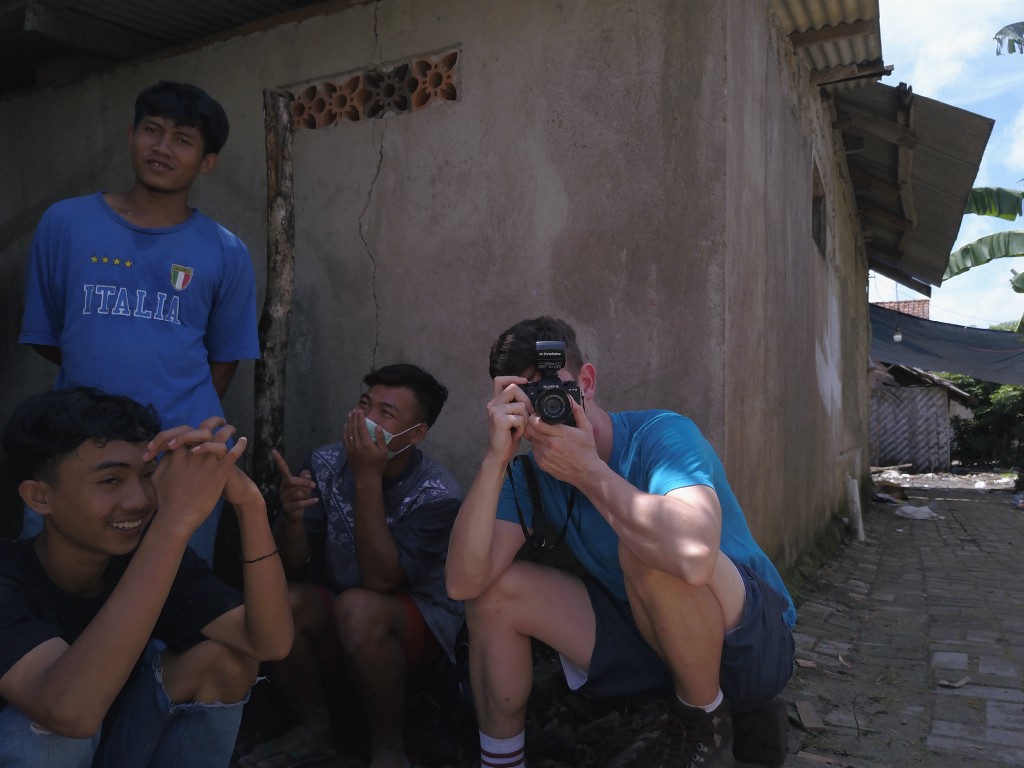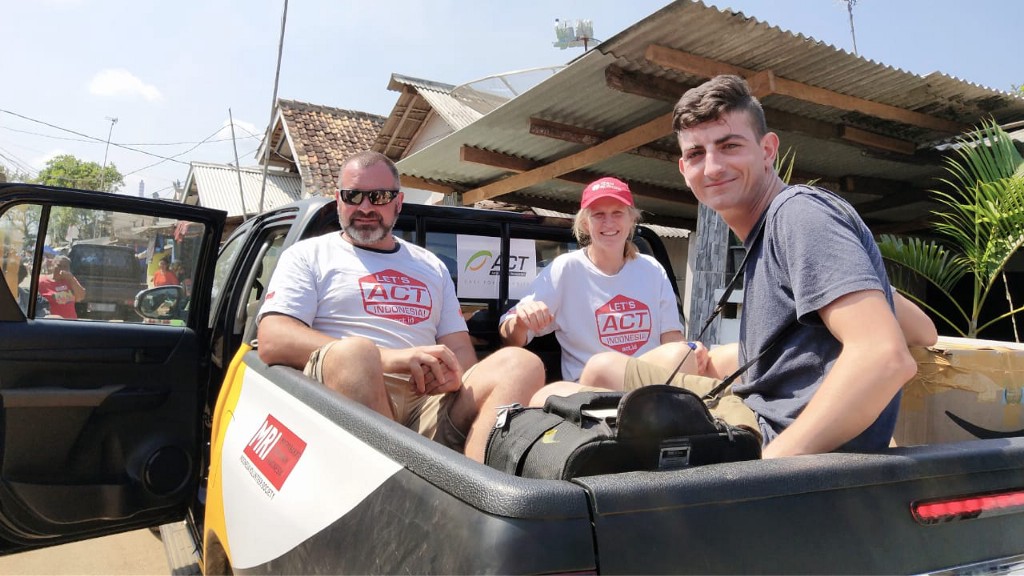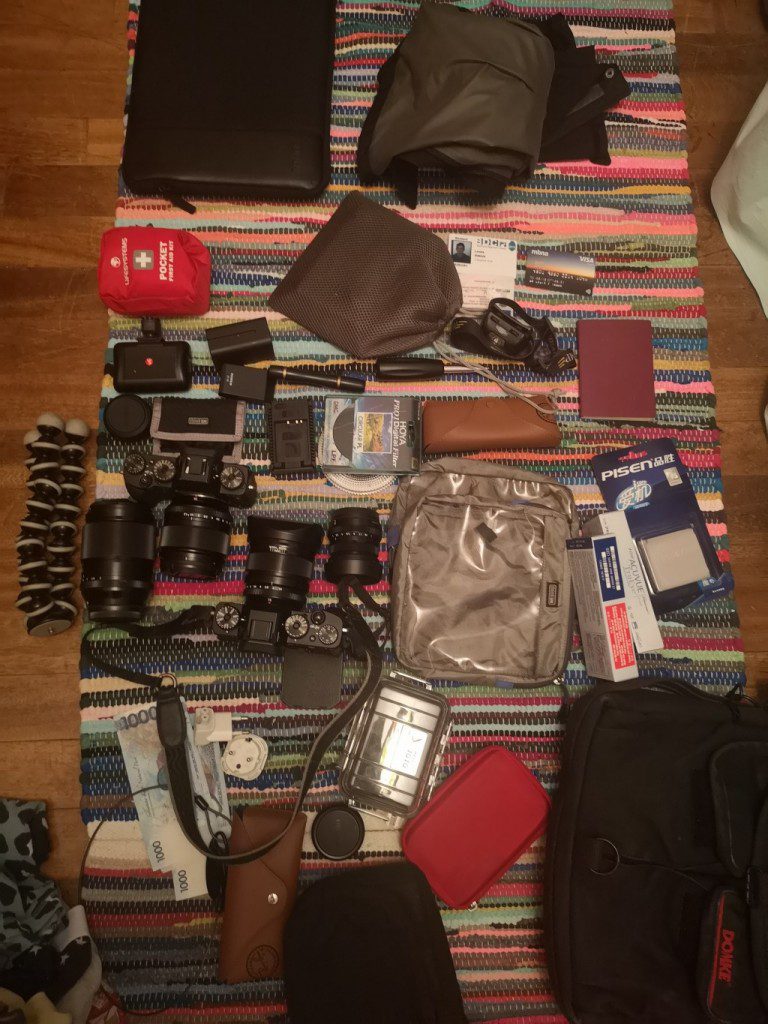Language, heat, moisture and more moisture.
Can I take your photo?
Across Indonesia, over 300 different languages are spoken. As a photographer, you will almost certainly need a translator who can speak the language of the ethnic group that you will be working with. But finding someone with professional translation experience outside of a big city can be difficult.
Translator or not, a critical sentence to learn in the local language is “Can I take your photo?” as this helps to build a relationship and can help to spark a conversation. Just make sure not to say the sentence too well, as people sometimes assume you are fluent, which can be quite embarrassing when it turns out you most certainly aren’t!
You may pick up the local language quite quickly, but then find yourself on another assignment in a different area, with an entirely different dialect. This has been the case with all the cities and villages that I have worked in or visited across South East Asia. The key is to remain adaptable — try to pick up a few key phrases wherever you are and build up your base of translation contacts.
Culture vulture
Having spent the majority of the last four years in South East Asia, I have developed a good understanding of the culture and the way things work. For instance, it is critical to understand prayer times in Muslim countries. You need to be aware that the people you are working with might need to stop what they are doing to pray, and to be able to time interviews and travel around this.

One of the things I have found helpful is my love of food! Having a passion for food somehow gives me a good understanding of local culture when I first arrive somewhere. All you need to do is visit a local market or a local street food hotspot when you first arrive — this can give you a good understanding of how the place works, which can come in very handy in the long run when you are out and about taking photos.
Heat and humidity
As expected, South East Asia is, in general, very hot. Shooting will make you tired and achy, and in between shoots you will most likely be travelling, most of the time on dangerous and uncomfortable roads. So it goes without saying that keeping hydrated and out of the sun is essential.

But those new to this type of environment might not realise the problems of extremely high humidity, which can be incredibly dangerous for cameras and laptops, and before you know it, that expensive laptop starts failing, the metal starts to corrode, and the whole thing eventually dies. It is always essential to have spares, backups and workarounds in case of emergencies. Use silica gel and waterproof cases to keep your equipment as dry as possible (and bring plenty of the former — it’s not often you come across an obliging oven in which to dry out your silica packages!).
Of course, it’s all very well telling you to pack two of everything, but bear in mind that an assignment begins before you start pointing your camera at things — it starts in your suitcase. Plan ahead, travel as light as possible and make sure that everything you have is functional and necessary. As if worst comes to worst — know if and where you can get a quick replacement to mitigate against any equipment failure.

Yes, South East Asia can be a daunting place to work in sometimes, but there’s a reason I keep coming back, both as a photographer and in a personal capacity. It’s an extraordinary area with so much life, culture (and food) to see that I can’t imagine I’ll ever feel ‘done’.
Lewis Inman is an award-winning documentary photographer and filmmaker born in London and now based in the Philippines, covering social issues and commercial commissions worldwide. Lewis received a 1st class honours in Photojournalism & Documentary Photography from University of the Arts London (LCC). Lewis has won many awards including first place prize of the Symons-Hatton Award, recognising his “commitment and dedication to Lens Based Media”. He has been working in South-East Asia with a range of clients including Team Rubicon UK and the DEC on behalf of Arete.

